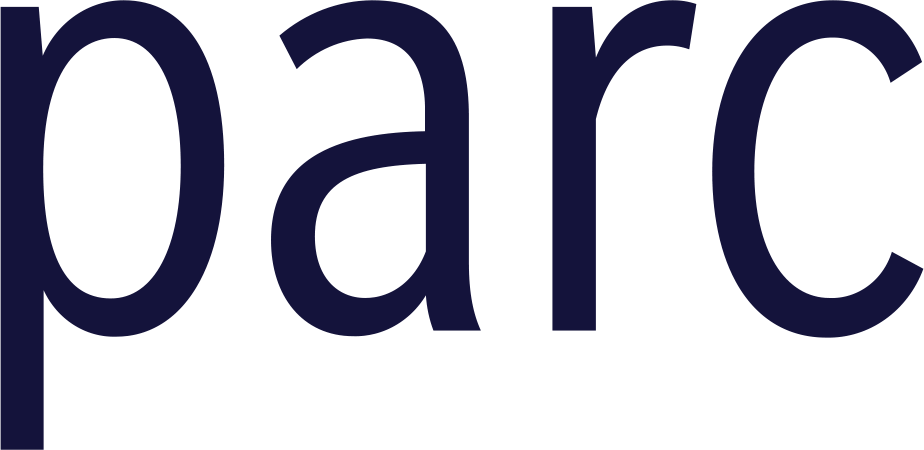Business Strategy
Future Organisations
New Years Day 2025 marked the mid-point of the 2020s and there is every indication that the second half of the decade will be as tumultuous as the first. When we scheduled an event to look at the challenges of the second half of the 2020s for March 2025, we knew it would be an opportune moment to take stock. We also expected that geopolitical volatility would be one of the rising challenges. We have been tracking its increasing impact on businesses since the middle of the last decade.
Despite that, we were still somewhat surprised by what actually happened. In the first two months of this year. Almost daily geopolitical developments and the knock-on effects in the economic and technological spheres, themselves moving at pace, are challenging executive teams around the world. President Trump has already destabilised the western alliance to the point where Germany’s Chancellor-in-waiting was talking about ‘independence from the USA’ and an FT editorial declared that “America has turned on its friends”.
Early indications suggest that an assault on the US government apparatus will follow and that the ‘Trump Tariffs’ will have a negative impact on the finely balanced system of global trade. Even a partial withdrawal of US military support would destabilise Europe and put significant financial pressure on Europe’s governments should they attempt to increase their defence capabilities to compensate. All this is coming on the back of a long period of ‘synchronised stagnation’ in the advanced economies and the looming challenges of climate change, Net Zero and shrinking working-age populations. According to a recent report, the surplus labour supply in the G7 economies plus Australia is now a tenth of what it was in 2010. A look at the demographics of the last twenty years and the projections for the next twenty suggests that lack of spare capacity will become a serious challenge for both the advanced and emerging economies.

Governments have set ambitious Net Zero targets to which those in Europe have now added challenging re-armament objectives. The question ‘who is going to do all the work’ is rarely asked but lack of capacity could be a significant constraint on these aspirations.
For commercial organisations, demographic shifts are likely to increase recruitment and retention difficulties just at the point when rising employee expectations, are leading to calls for a new social contract in the workplace. Many are pinning their hopes on AI and other technologies to boost productivity and end the long period of slow economic growth but the gap between hype and practical application is still wide.
On the basis of this, it is likely that businesses will face five imperatives over the next half-decade:
- Building resilience in the face of volatile and unpredictable geopolitical events.
- Improving performance despite trade disruption and economic stagnation.
- Recruiting and retaining talent as labour shortages bite and employee expectations rise.
- Maximising the gains from technology while guarding against its pitfalls.
- Structuring organisations and shifting culture to enable all of the above.
In our report and the upcoming event Is Your Organisation Built to Adapt and Survive? we will expand on these themes with the help of our expert panel. With the world in such a turbulent state, this is one you really don’t want to miss.


